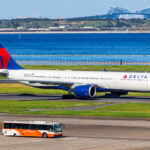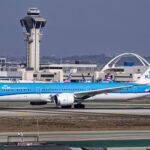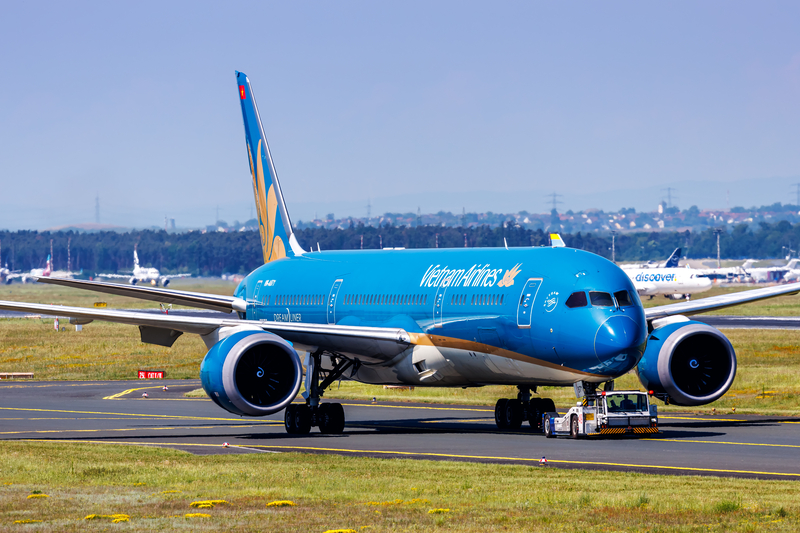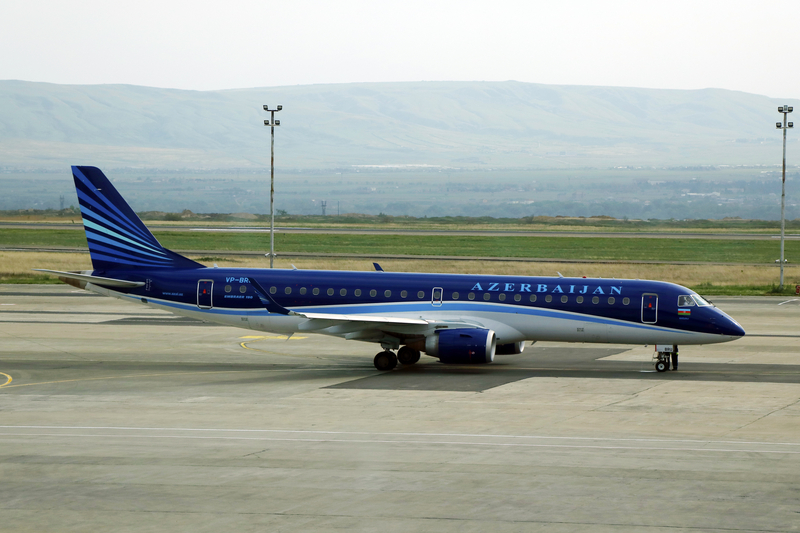Delta Air Lines Offers $30,000 Compensation to Passengers After Toronto Crash
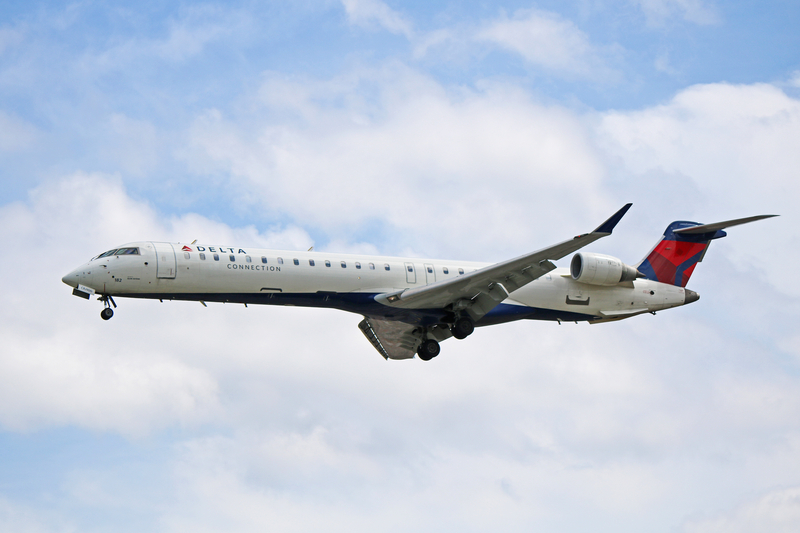
ID 137673533 © Tom Samworth | Dreamstime.com
Delta Air Lines has announced it will provide $30,000 in compensation to each passenger on Flight 4819, which crash-landed and overturned at Toronto Pearson International Airport (YYZ) on February 17, 2025. This decision comes as part of the airline’s response to the traumatic event, which resulted in multiple injuries and prompted an ongoing investigation by aviation authorities.
Incident Overview
Flight 4819, operated by Delta Connection and Endeavor Air, was en route from Minneapolis–Saint Paul International Airport (MSP) to Toronto Pearson International Airport when it experienced severe difficulties upon landing. The aircraft, a Bombardier CRJ-900, overturned on the runway due to a combination of adverse weather conditions, icy runway surfaces, and reported crosswinds exceeding 40 mph (64 km/h).
The accident resulted in 21 passengers being hospitalized, with a total of 80 individuals onboard, including four crew members. Emergency responders quickly arrived at the scene to evacuate passengers and assess injuries.
Delta’s Compensation Offer
Delta Air Lines has offered each passenger $30,000, stating that the payment comes with no conditions attached. This means that recipients retain the right to pursue legal action if they choose. The airline’s quick compensation offer follows recent trends in the industry, where airlines attempt to mitigate legal disputes by providing upfront financial settlements to affected passengers.
A spokesperson for Delta commented: “Our priority is to ensure the well-being of our passengers and crew. We recognize the distress caused by this incident and are committed to providing support during this time.”
Investigation and Safety Concerns
The Transportation Safety Board of Canada (TSB) and the Federal Aviation Administration (FAA) are conducting a thorough investigation into the cause of the accident. Key areas under review include:
- Weather conditions at the time of landing
- Aircraft performance and pilot response
- Runway treatment and airport winter operations
While initial reports suggest that icing on the runway may have played a role, investigators are also evaluating whether proper de-icing procedures were followed before landing.
Passenger Reactions and Legal Implications
Passenger responses to Delta’s compensation offer have been mixed. Some appreciate the immediate financial assistance, while others are consulting legal representatives to determine if further legal action is warranted. Given the severity of the incident and the injuries sustained, lawsuits against Delta or other parties involved remain a possibility.
Aviation law experts note that accepting Delta’s payment does not prevent passengers from filing additional claims, as the airline explicitly stated that the compensation is not a legal settlement but rather a gesture of goodwill.
Delta’s Commitment to Safety
In light of the accident, Delta has reiterated its commitment to flight safety. The airline has pledged to review its winter operations policies, ensuring that flight crews receive the most up-to-date training on landing procedures in extreme weather conditions.
Additionally, Delta is working closely with airport authorities to assess winter runway maintenance protocols at major hub airports, including Toronto Pearson.
Bottom Line
Delta Air Lines’ decision to offer $30,000 to each passenger affected by the Toronto Pearson crash-landing is part of its immediate response to the incident. While this compensation provides financial relief, investigations into the accident’s cause remain ongoing, with aviation safety authorities focusing on potential weather-related issues and operational procedures.
With passenger safety and liability concerns in the spotlight, this incident serves as a reminder of the challenges airlines face when operating in extreme winter conditions. Delta’s response—both in terms of compensation and operational reassessments—will likely shape industry best practices for handling future emergency situations.
